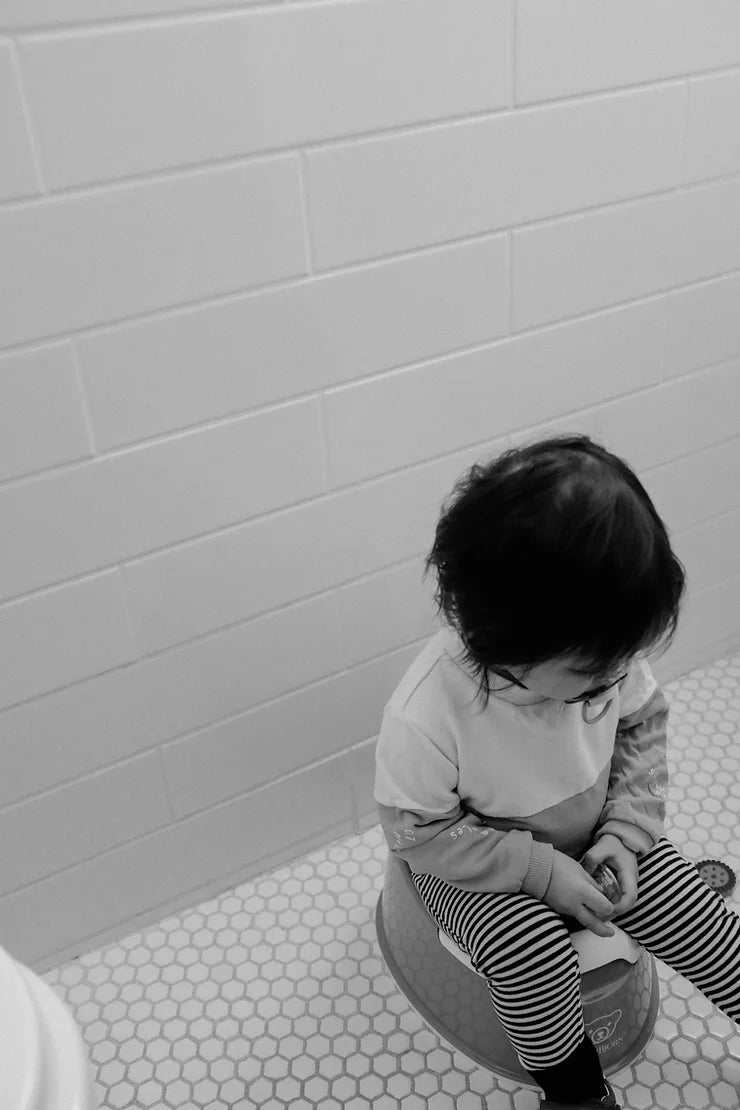Article: Nurturing New Beginnings: Traditional Chinese Medicine and Infant Constipation

Nurturing New Beginnings: Traditional Chinese Medicine and Infant Constipation
Parenting a newborn comes with its share of challenges, and one common concern is infant constipation. Traditional Chinese Medicine (TCM) offers a time-tested and holistic approach to address this issue, focusing on restoring balance and harmony within the body.
Understanding Infant Constipation
Infant constipation is characterised by infrequent bowel movements, hard stools, and discomfort during bowel movements. It is a common occurrence in newborns and can be attributed to factors such as immature digestive systems, dietary changes, and sometimes, underlying medical conditions.
How Chinese Medicine Views Constipation
When addressing constipation, our focus primarily shifts towards the Spleen and Stomach, as these are the key organs responsible for the transformation of food into energy and its subsequent elimination. In contrast to Western Medicine, which primarily associates the Spleen with immunity, in Traditional Chinese Medicine, the Spleen plays a pivotal role in food processing. To optimise Spleen function, it thrives on well-spaced meals, cooked dishes, and easily digestible food. The Spleen's task is to swiftly convert food into vital energy and efficiently dispatch waste to the colon for elimination.
Natural Remedies from Chinese Medicine
- Dietary Adjustments: If your baby is formula-fed, consider adjusting the type or brand of formula to one without cows milk. In some cases, switching to a formula with probiotics or prebiotics can help regulate the digestive system. For breastfed babies, it may be beneficial for mothers to make minor changes in their diet to ensure the baby receives a well-balanced and easily digestible milk supply. For children on solids, incorporate more cooked, easily digestible foods like grains, millet, quinoa, sweet potato and root vegetables. Avoid cold raw food (including an excess of raw vegetables, fruits, ice cream, cold drinks).
- Acupressure and Massage: Gently massaging your baby's abdomen can stimulate the flow of Qi in the digestive system. A great acupressure point for digestion is ST-36 "Leg Three Miles," situated on the lower leg. Put the equivalent of your child’s four fingers below the knee cap to find this point and one finger-width to the outer side of the shinbone. This point on the body is renowned for its significant influence on energy flow, digestion, and overall vitality.

- Herbal Remedies: Under the guidance of a qualified TCM practitioner, herbal remedies may be recommended. Herbal formulas tailored to your child’s constitution and specific symptoms can help regulate bowel movements and restore balance.
- Warm Baths: A warm bath can help relax your baby's muscles and provide relief from discomfort associated with constipation. Adding about 1/2 cup of Epsom salts, which contains magnesium and sulfates that are absorbed through the skin, can also help ease constipation.
- Fluid Intake: Ensuring your baby stays adequately hydrated is crucial for a healthy digestive system. For formula-fed infants, be mindful of dilution ratios as instructed on the formula packaging.
- Gentle Exercise: Incorporating gentle movements like bicycling the legs or engaging in tummy time can help stimulate bowel movements.
Infant constipation can be a source of concern for parents, but Traditional Chinese Medicine offers a gentle and natural approach to finding relief. By focusing on restoring balance in the body's Qi, TCM aims to promote optimal well-being and alleviate discomfort. Always consult a qualified TCM practitioner for personalised advice and treatment options for your baby's constipation. With the right guidance, you can help your little one thrive in comfort and harmony.
For more information about Renee Boyd, our Acupuncturist and TCM practitioner, read here.
Written by Renee Boyd
